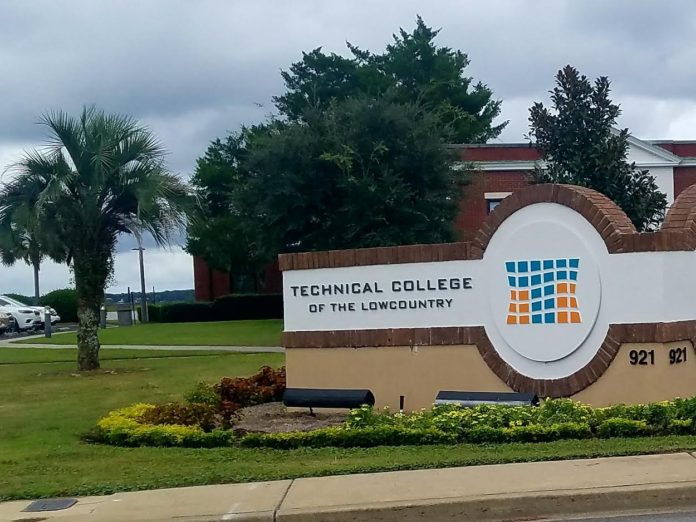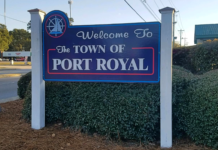A recent economic impact report shows that The Technical College of the Lowcountry adds $129.3 million annually to our local Beaufort County economy.
According to a report published by the school, this represents the sum of several different impacts, including the College’s:
- Operations spending impact of $18.4 million;
- Construction spending impact of $383.5 thousand;
- Student spending impact of $5.8 million; and
- Alumni impact of $104.7 million.
“While TCL creates an economic impact through its operations, construction and student spending, the greatest economic impact of TCL stems from the added human capital – the knowledge, creativity, imagination, and entrepreneurship – found in its alumni,” said Richard Gough, TCL President.
The results of the study also found that for every $1 invested in the Technical College of the Lowcountry…
- Students gain $6.00 in lifetime earnings.
- Taxpayers gain $3.30 in added tax revenue and public sector savings.
- Society gains $10.10 in added state revenue and social savings.
“The numbers above speak volumes,” Gough said. “But TCL’s impact on our alumni also goes far beyond increased skills and wages. Their personal gains run much deeper within. Their newfound confidence and renewed self-worth cannot be quantified or contained.”
No matter what way you look at it, one thing is clear: investing in TCL is a win-win for us all. See for yourself. Click here to read the full report, The Economic Value of the Technical College of the Lowcountry in Lower South Carolina.
TCL receives $2.2M grant to increase student success










